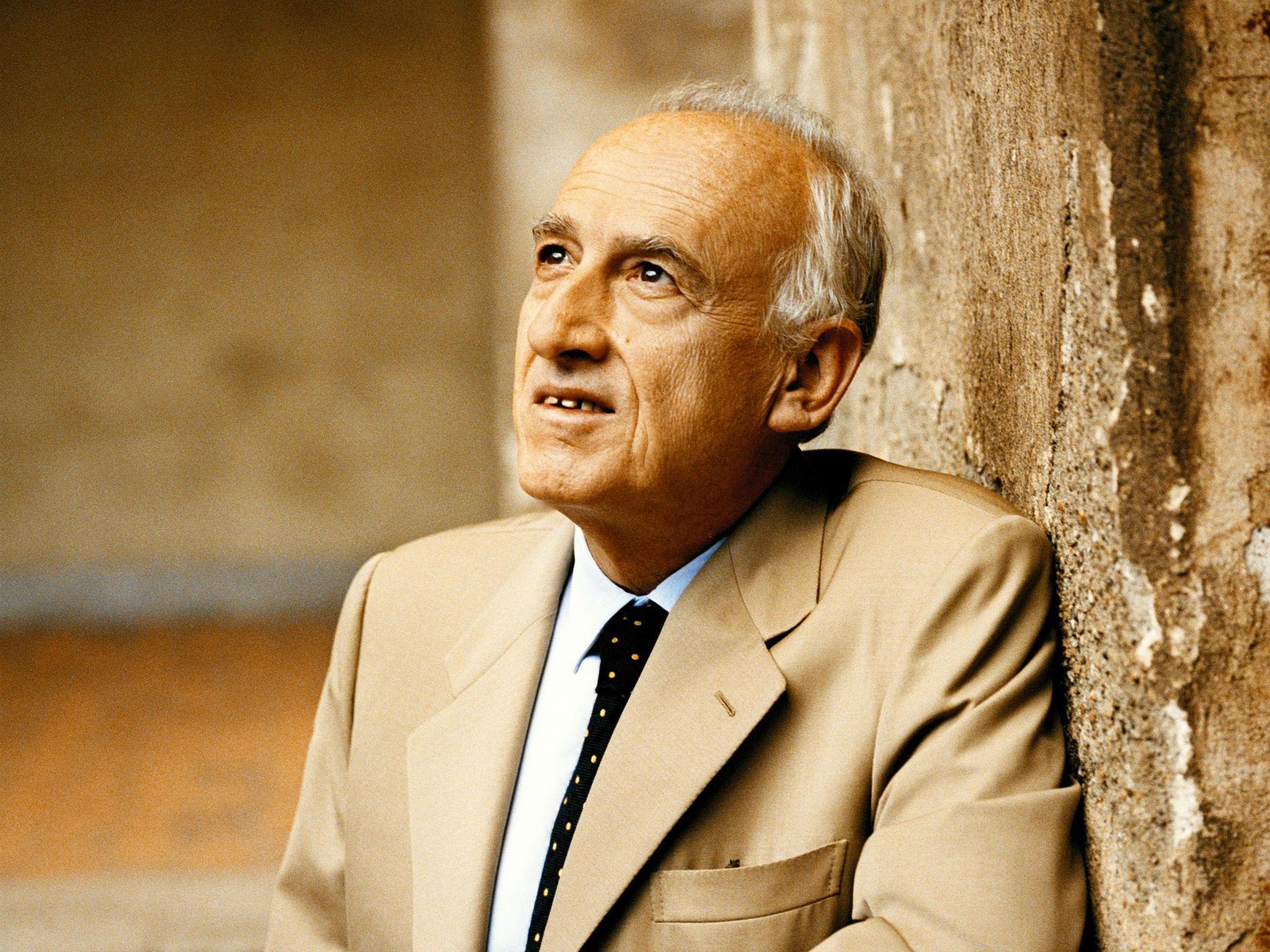Maurizio Pollini, Royal Festival Hall, London, review: Still one of the greatest pianists alive
The 76-year-old Italian pianist performed a mix of Chopin and Schumann to a standing ovation

Your support helps us to tell the story
From reproductive rights to climate change to Big Tech, The Independent is on the ground when the story is developing. Whether it's investigating the financials of Elon Musk's pro-Trump PAC or producing our latest documentary, 'The A Word', which shines a light on the American women fighting for reproductive rights, we know how important it is to parse out the facts from the messaging.
At such a critical moment in US history, we need reporters on the ground. Your donation allows us to keep sending journalists to speak to both sides of the story.
The Independent is trusted by Americans across the entire political spectrum. And unlike many other quality news outlets, we choose not to lock Americans out of our reporting and analysis with paywalls. We believe quality journalism should be available to everyone, paid for by those who can afford it.
Your support makes all the difference.There’s never a spare seat at pianist Maurizio Pollini’s London recitals, but in recent years they have all followed the same pattern. He comes on looking as though he would rather be anywhere than where he is, rushing into his first piece and making a hash of it, then gradually settling down and beginning to play with increasing conviction until by the encores he’s playing like a god.
This time was different. Skipping the usual opening nerves, he launched into Schumann’s Arabeske in C major Opus 18 with such delicately nuanced persuasiveness that one willingly joined him in this charming exploration of colour, texture, and mood.
Then came two rarely-performed Schumann works from the composer’s first decade of mature production: the Allegro in B minor Opus 8 and the three-movement Concert sans orchestre. Both works had a driven, improvisatory quality, but neither showed Schumann in his true colours: it was as though in both cases he was pursuing an ideal which eluded him. The pianism was virtuosic, but Pollini was comfortably equal to it.
After the interval the artistry with which one associates this Italian pianist came gracefully to the fore with Chopin’s two Opus 55 Nocturnes, the first singing ruminatively and the arc of the second shaped with ringing eloquence. Then came one of the most convincing performances of Chopin’s Sonata No 3 in B minor I have ever heard. The teeming ideas of the first movement were held in place by a cool structural underpinning, but it was still intensely dramatic; the Scherzo’s alternation between fleet virtuosity and tenderness, the Largo’s long lines of melody, and the finale’s explosive resolution were all delivered with oracular authority.
After the standing ovation – people really do love him – it was as though a switch had been thrown: with this pianist, the uncharted territory of the encores always brings a particular expectancy, an electricity in the air. A jagged bass threat erupted, topped by a crashing chord: the first encore was Chopin’s Scherzo in C sharp minor, but now Pollini was not the hired pair of hands, but the relaxed master of ceremonies. The opening theme had martial swagger, the chordal chorale was bathed in crystalline showers of grace-notes.
Encore number two was Chopin’s Berceuse, and time stood still as exquisitely articulated right-hand figurations were thrown out over a gentle bass heartbeat. The third encore was one of Chopin’s most ferocious finger-twisters – the Etude Opus 25 No 11, which went like the wind. If the first half of this recital was worthy but unrewarding, and if the second had a conventional excellence, this third half was a reminder that at 76, Maurizio Pollini is still one of the greatest pianists alive.
Join our commenting forum
Join thought-provoking conversations, follow other Independent readers and see their replies
Comments